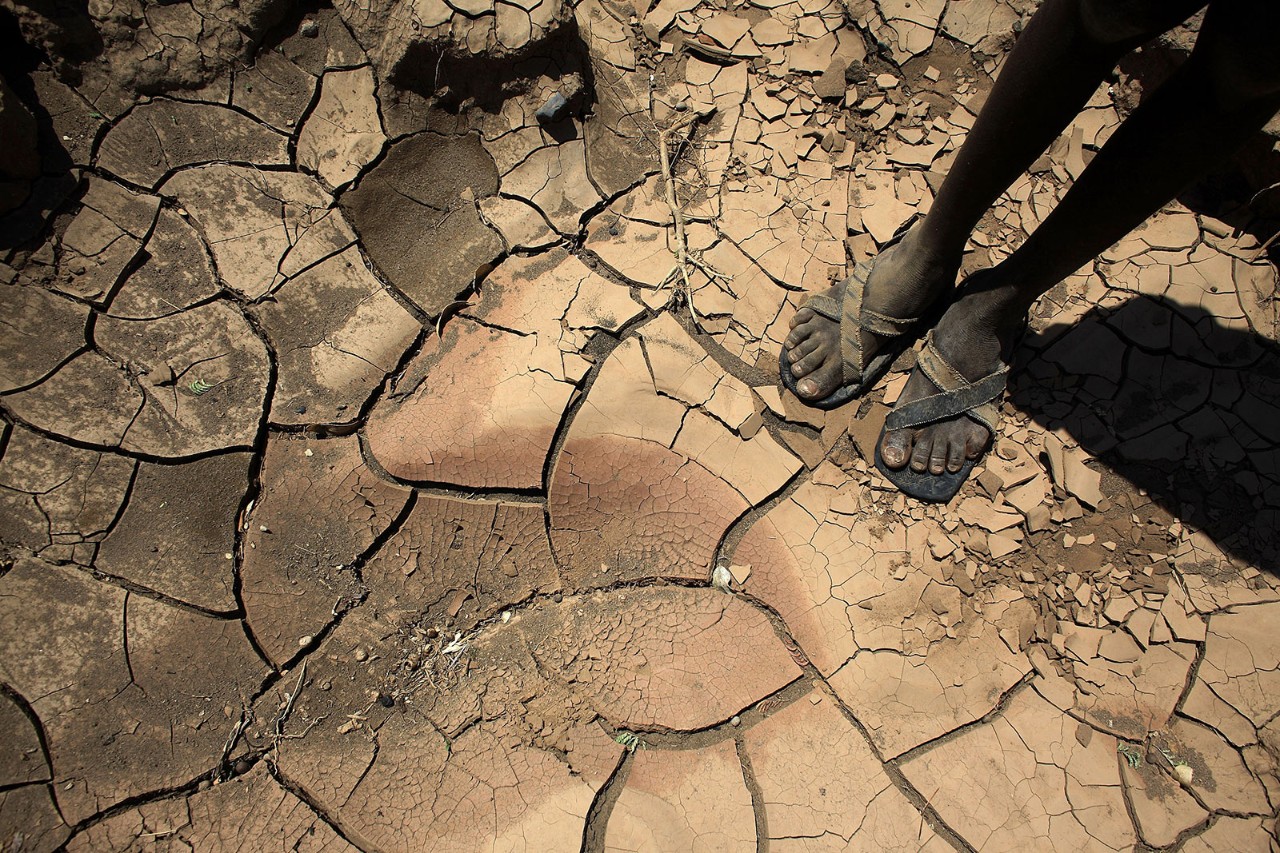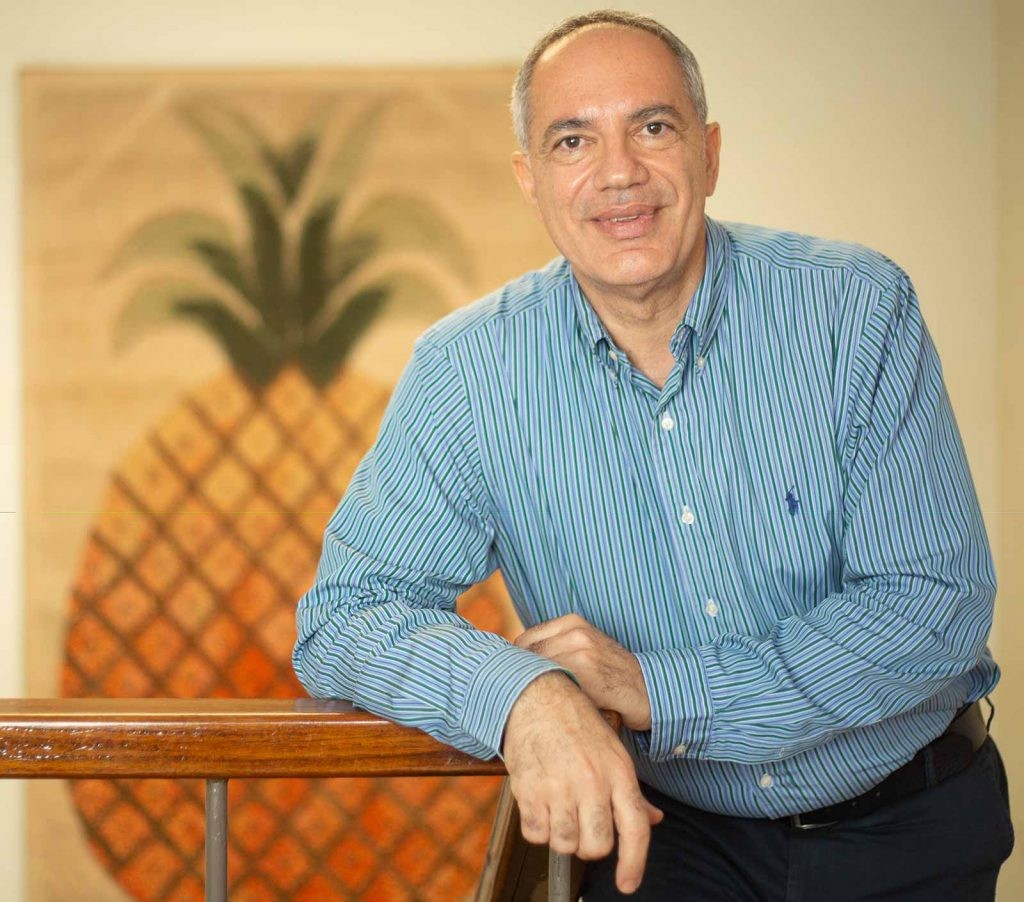
Creating financial value has long dominated the work of accounting professionals, but in the 21st century the pursuit of sustainability demands a more holistic interpretation of corporate success.
A sustainable business aims to understand the value of its operations from a combination of perspectives – not just through the lens of economic growth and corporate profit but also through consideration of the environmental and social implications of those operations.
The accounting profession is evolving into a field that involves managing (or at least understanding) accountability for non-financial factors alongside the financial statements that have traditionally formed the basis of investment decision-making. It’s a change that was addressed at ACCA’s recent Africa Members Convention, held in December 2021, on the theme ‘Repositioning the profession in Africa to drive and support economic recovery, sustainability and social governance’.
This focus opens the door to discussion around the connection between value creation and cultural values
Ideals disconnect
Polls run as part of the opening session – on ‘Africa’s accountants at the heart of the continent’s route to recovery’ – elicited some notable statistics. Although just 5% of the almost 300 leading African accountants in the room were employed in the healthcare (life) sector, more than 80% believed that accountants have a critical role to play in hospital administration.
All over the world, the Covid-19 pandemic has underscored the importance of healthcare and the value of a healthy workforce. But it has also revealed the shortage of people trained to address this need. This situation is an example of a disconnect between the ideals of a society and the lived experiences on the ground.
There is often a similar disparity between the value that individuals create within society through their work (their actions) and their beliefs about the importance of safeguarding the people and planet around them. This is a gap that businesses must seek to close by building sustainability into their corporate environments.
Whatever our sphere of influence as professionals, we need to remember that people are part of the systems we build
Yet, consideration of ethical values in relation to the operations of a corporation and the transition towards sustainable business are only starting to become mainstream. The accounting profession is currently adapting to a fast-changing regulatory landscape that aims to align the traditional profit-driven mindset with the prevailing view that an organisation’s impacts on the community, economy, society and environment around it are of equal if not greater importance.
This focus opens the door to an interesting discussion around the meaning of value and, beyond that, the connection between value creation and cultural values. As businesses evolve to acknowledge the interdependence between financial, social and environmental value, finance professionals must ask: ‘How can we support organisations in creating value while serving and addressing the values of all stakeholders (including ourselves, as employees)?’
Mechanisms
The integrated reporting framework, introduced in 2013 by the International Integrated Reporting Council, aimed to answer this question by promoting the classification of capitals, moving from a single focus on financial capital to include environmental, manufactured, intellectual, human, social and relationship capitals. By popularising a broader definition of value, the framework attempts to capture prevailing sustainability ideals in the reporting of corporate activity.
Business functions need to assess how they can combine different perspectives and develop integrated thinking
More recently, the IFRS Foundation announced the creation of the International Sustainability Standards Board with a remit to develop a global benchmark for sustainability disclosure standards. The move is the culmination of many recent milestones in the integration of environmental, social and governance (ESG) factors into mainstream accounting. (See 'Sustainability standards take shape'.)
Integrated thinking
But what if we adapt the question and consider how each of us can create value in ways that serve and address the values of our various stakeholders?
Often, each member of staff, each function, only sees things from their own perspective. However, research has shown that the sum of individual perspectives is greater when they are combined, by working together and learning from each other – a concept known as integrated thinking. Promoting a more holistic approach to the value creation model should not disregard the role of the individual, but business functions, including finance departments, need to assess how they can combine different perspectives and so integrate their thinking.
This is where sustainability experts come in. Their role is to create synergy across the organisation by working with and training people from different teams to come up with sustainable innovations that benefit not just the corporation but also wider society and the environment.
The concept of integrated thinking relies on a keen understanding of interdependence. Whatever our scope of work or sphere of influence as professionals, we need to remember that people are part of the systems we build; that we should appreciate diversity and work with rather than around culture in achieving results; and that we must invest in relationships alongside tangible assets.
We will serve our businesses and our communities better if we see ourselves as part of and dependent on the abundance that a healthy earth provides, and at the same time recognise the impact that people and their wellbeing contribute to the value that surrounds us.
Dr Ndidi Nnoli-Edozien is sustainability & governance chair for the ACCA Africa Advocacy Programme.
More information
See the AB special edition, 'Leading the change’, on putting purpose above profit, and the AB article 'SMEs' net-zero challenge'



